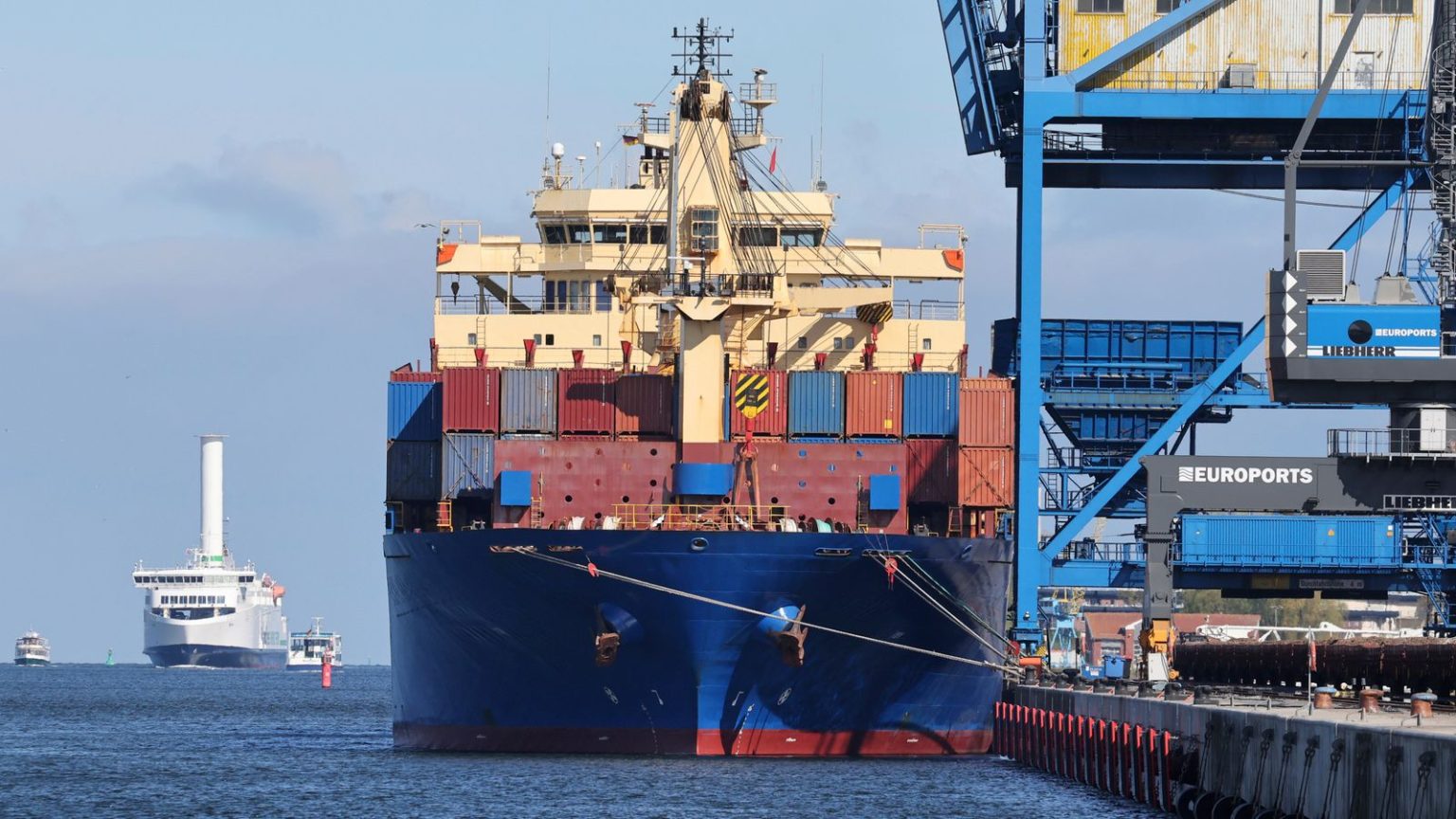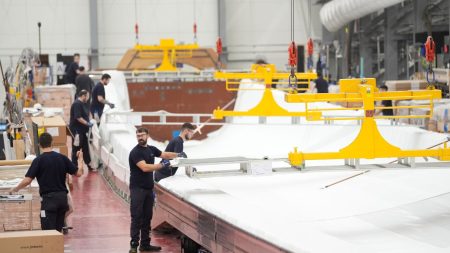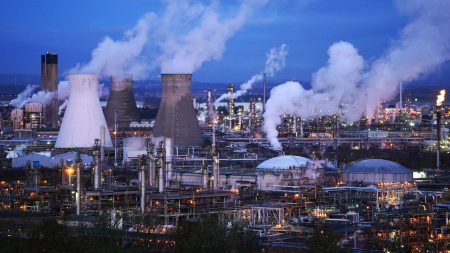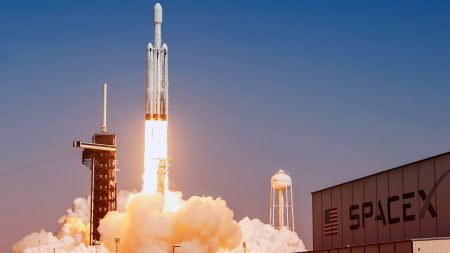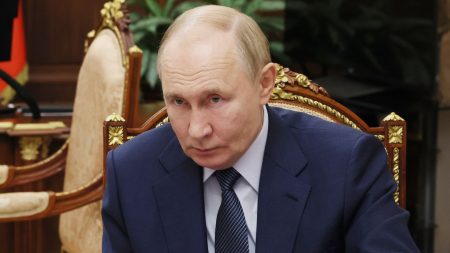The Sanctions Paradox: How Europe’s Dependence on Russia Persists Despite the Ukraine War
The Unseen Impact of Sanctions on the Ukraine War
The ongoing conflict in Ukraine has sparked intense debate about the effectiveness of economic sanctions imposed on Russia. While many believe these sanctions would cripple Russia’s ability to wage war, the reality is more complex. Europe’s sanctions, while intended to weaken Russia’s economy, have had unintended consequences. Instead of cutting off Russia’s access to European goods and markets, trade continues, albeit through indirect routes. This has allowed Russia to maintain significant revenue streams, which have been crucial in sustaining its military efforts. As a result, the sanctions have not had the expected impact, and their "leakiness" has likely influenced the trajectory of the war and the eventual push for a peace deal.
The Gap Between Sanctions and Reality
When Russia invaded Ukraine in early 2022, the international community, particularly Europe, imposed sweeping sanctions aimed at crippling Russia’s economy. These sanctions were expected to limit Russia’s access to European goods, reduce its ability to sell its products in Europe, seize its foreign assets, and penalize its leadership. However, the reality has fallen far short of these ambitions. European goods still flow into Russia, albeit through countries in the Caucasus and Central Asia. Russian oil continues to reach global markets, albeit at lower prices due to sanctions. Even luxury goods, such as high-end cars, are still making their way into Russia. This persistence of trade has allowed Russia to continue generating billions of euros in revenue from Europe, which it has used to sustain its war effort. The result is that Russia’s ability to wage war has not been curtailed as much as initially hoped, and this has likely contributed to its resilience on the battlefield.
The Shift in Europe’s Energy and Industrial Dependence
One of the most notable successes of sanctions has been the reduction in Europe’s dependence on Russian gas. Prior to the invasion, about half of the EU’s imported gas came from Russia. Today, that figure has dropped to around 20%. However, this shift has come with significant costs. The reduction in gas supplies has led to higher energy prices, which have been felt across the continent. But beyond heating homes, gas is also a critical component for industrial processes, particularly in the production of chemicals. One of the most important chemicals derived from gas is ammonia, a nitrogen-based compound that is essential for the production of fertilizers. Without ammonia, the global food supply would be severely impacted, as fertilizers are needed to feed nearly half of the world’s population.
Europe’s Growing Dependence on Russian Fertilizers
As European gas supplies have dwindled, the continent’s ability to produce ammonia domestically has also declined. Many European ammonia plants have been forced to shut down or reduce production due to high energy costs, leading to a reliance on imports. While countries like the UK have turned to the United States for ammonia and fertilizers, much of Europe has continued to import these critical products from Russia. In fact, according to trade data, Europe’s imports of nitrogen-based fertilizers from Russia have actually increased since the invasion of Ukraine. Between 2018 and 2019, Europe imported 4.6 million tonnes of fertilizers from Russia. In 2023-24, that number rose to 4.9 million tonnes. This suggests that Europe has not reduced its dependence on Russian imports but has instead shifted its reliance from one category (gas) to another (fertilizers).
The Deeper Concern: Europe’s Reliance on Russian Exports
This shift raises a concerning question: has Europe simply traded one form of dependence for another? While the continent has made progress in reducing its reliance on Russian gas, its growing dependence on Russian fertilizers represents a new vulnerability. This dynamic underscores the challenges of imposing effective sanctions, as global supply chains are deeply intertwined, and cutting off one source of trade often leads to unintended consequences. For Europe, this means that while it may have reduced its direct energy imports from Russia, it is still heavily reliant on Russian exports in other critical areas. This reliance not only undermines the intended impact of sanctions but also highlights the difficulty of completely decoupling from a major global supplier like Russia.
The Bigger Picture: Europe’s Balancing Act
The situation with fertilizers is just one example of how Europe’s sanctions on Russia have had mixed results. While the sanctions have undoubtedly caused economic pain for Russia, they have not fully achieved their intended goal of crippling its ability to wage war. Instead, they have led to a complex web of indirect trade and shifting dependencies. This reality raises important questions about the effectiveness of economic sanctions as a tool of foreign policy. It also highlights the challenges of navigating geopolitical conflicts in a deeply interconnected world. As Europe continues to grapple with the fallout from the Ukraine war, it will need to carefully balance its desire to punish Russia with the practical realities of its own economic needs.





